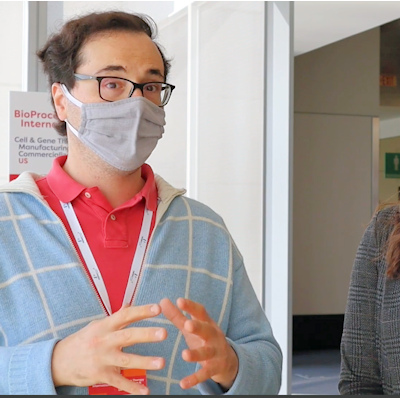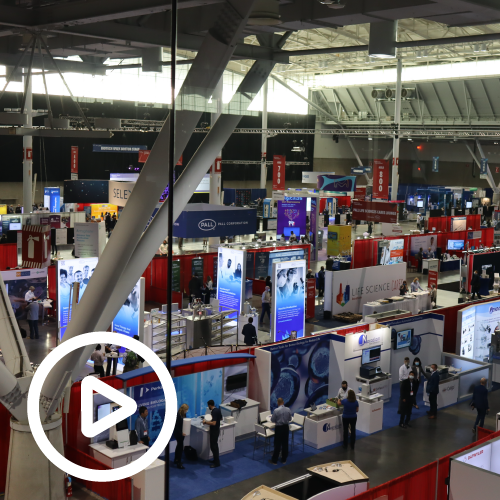The company hopes to bring personalized, lifesaving cell therapy products to the market while making them available in a cost-efficient and scalable manner. Cellares' platform, the Cell Shuttle, has a flexible design that can accommodate various cell therapy manufacturing processes that biopharmaceutical companies are already using.
Customers can customize the Cell Shuttle workflow by selecting specific instrumentation they want included for any given cell therapy product. Cellares is also developing software that will allow bioprocessing professionals to customize workflows with a drag-and-drop program to create the desired processes.
Gerlinghaus explained how Cellares is addressing the two main sources of process failure in the cell therapy industry: contamination and cost. First, Cell Shuttle's fully closed system mitigates the potential for contamination, which is a challenge for all cell growth processes. By automating the processes, companies can reduce the risk of user error.
Second, Cellares' automated platform reduces the labor expended on a per-patient basis, making it 80% more space efficient in terms of clean room space relative to current cell manufacturing processes. Gerlinghaus believes that Celleras has the potential to reduce the cost of cell therapy products as much as 75%.
The company's Cell Shuttle platform can produce both autologous and allogeneic products. The company considered the various requirements for cell therapy products when it designed the Cell Shuttle, such as additional expansion capabilities for allogeneic products, which are derived from healthy donor cells.
Cellares' platform is scalable to accommodate commercial-scale patient numbers – more than 10,000 patients per year, per drug. This is achieved by the platform's ability to run 10 process steps simultaneously, Gerlinghaus said, which creates an order of magnitude improvement in instrument throughput compared to current industry standards.
Copyright © 2021 scienceboard.net





